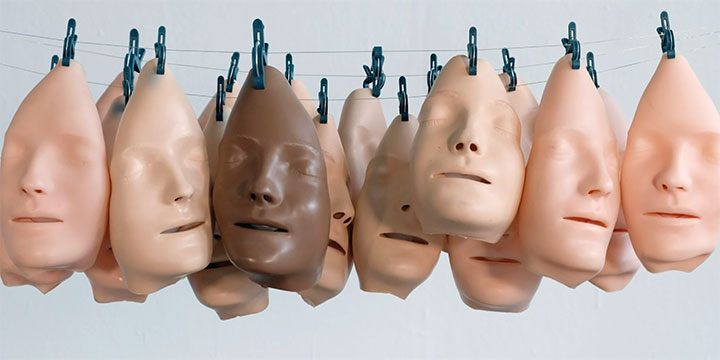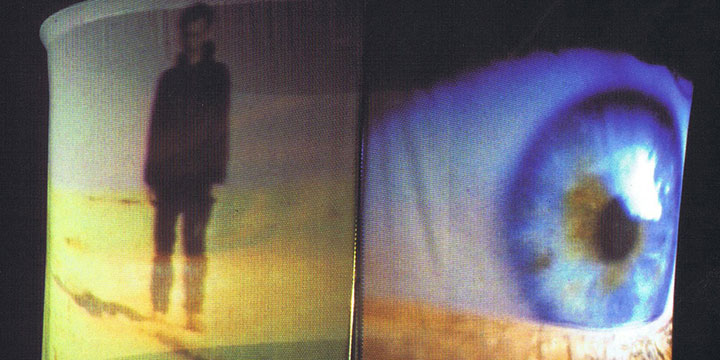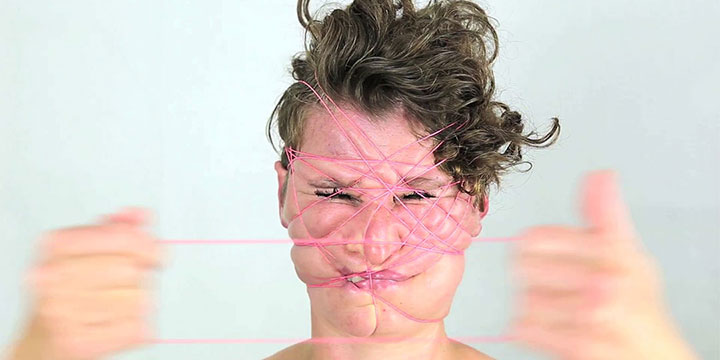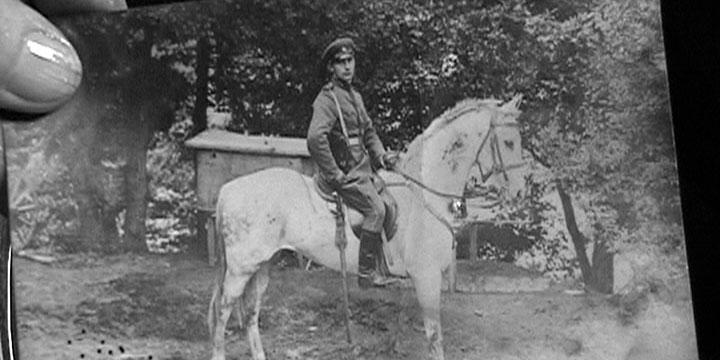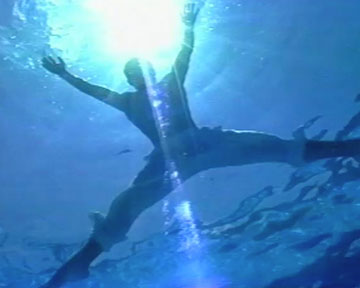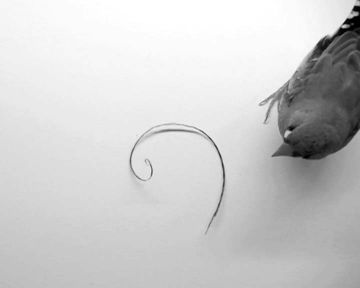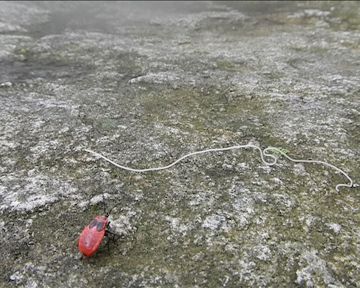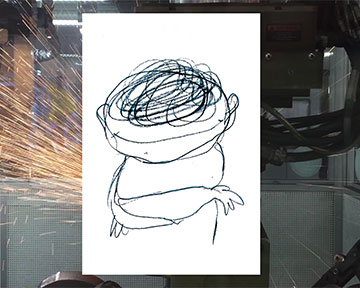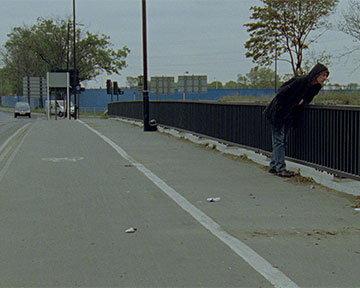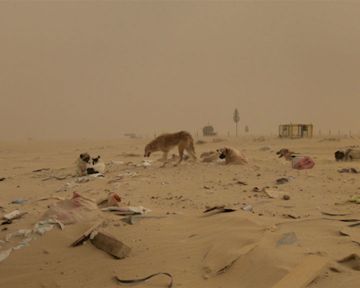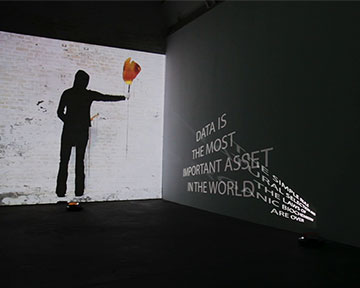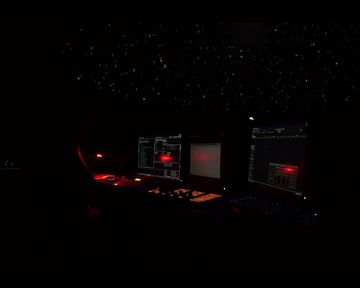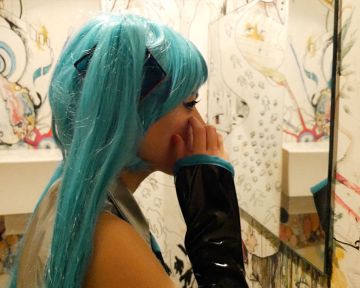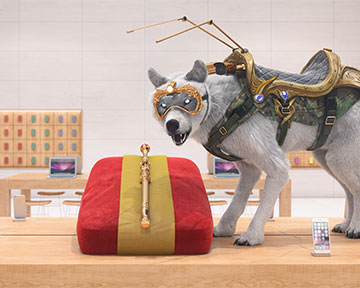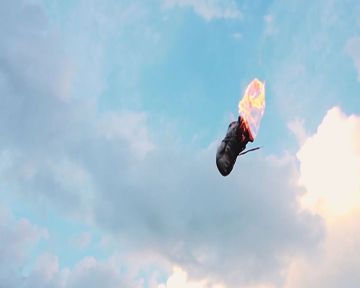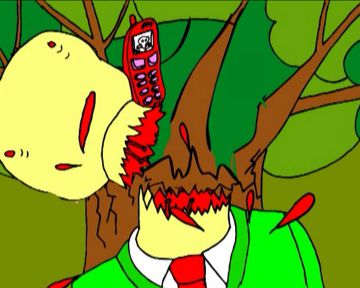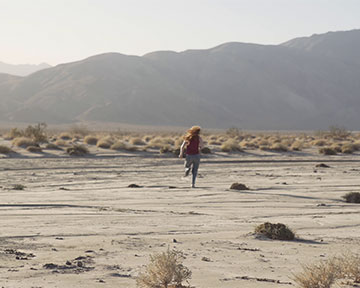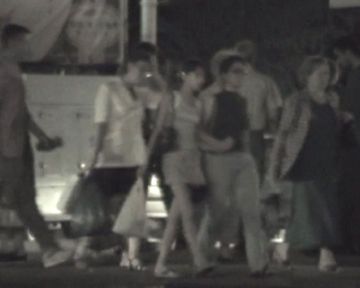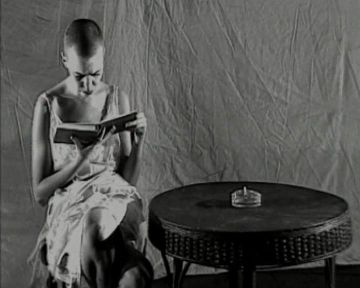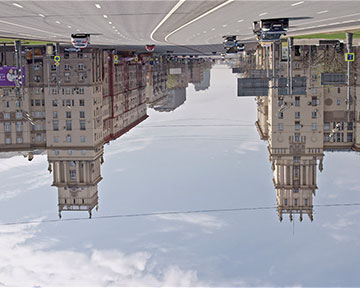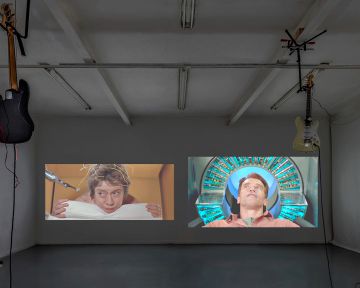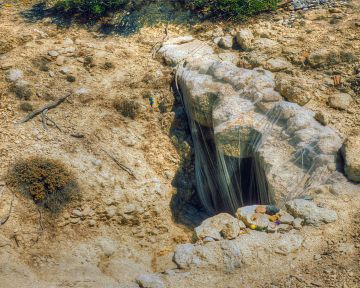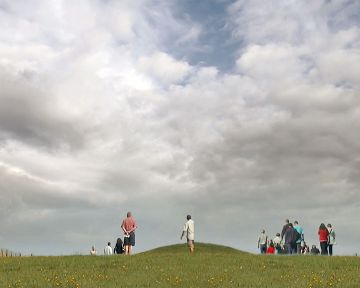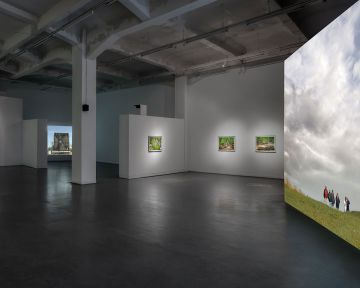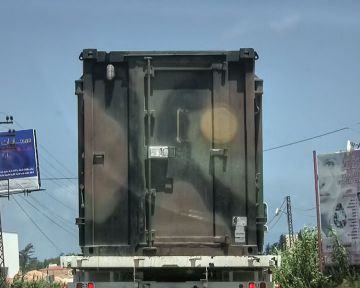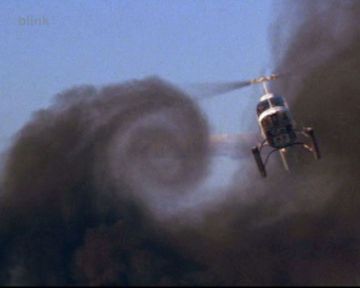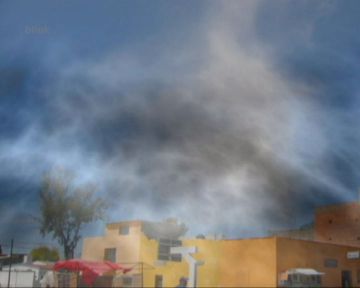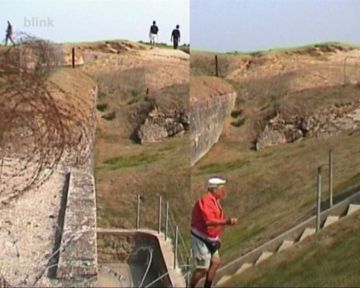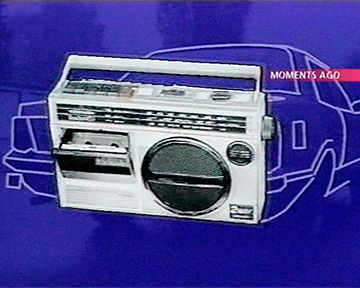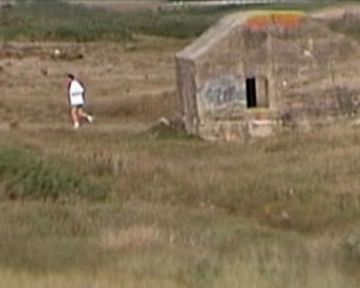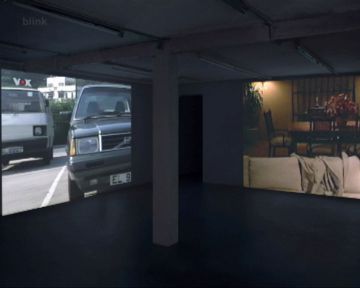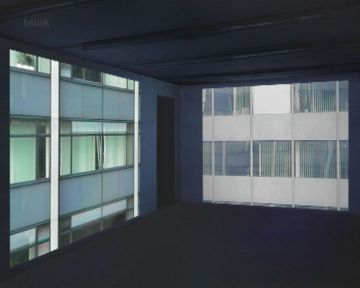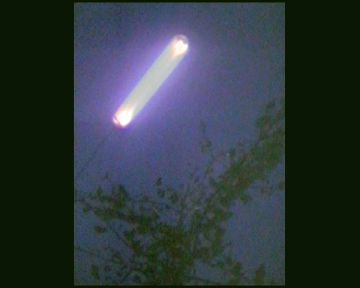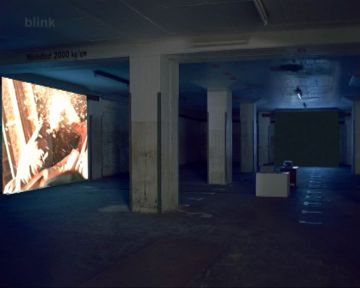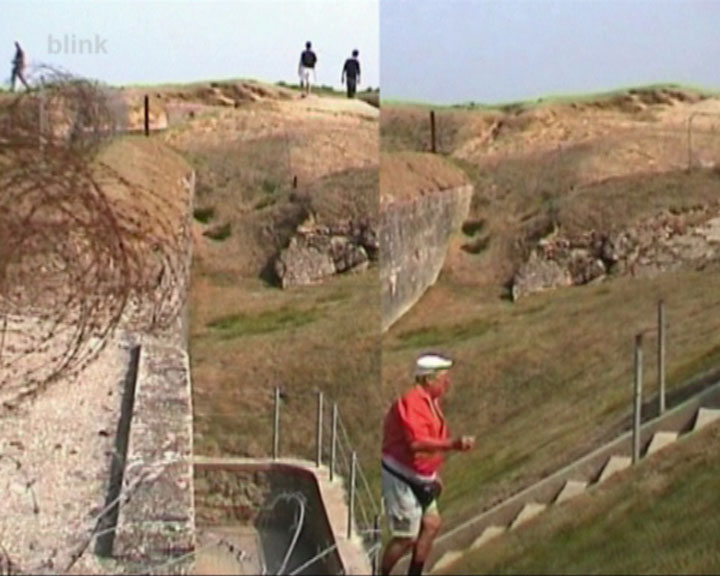*1967
1991 Studied at Hochschule für bildende Künste in Hamburg -1998 degree
Lives and works in Hamburg
Solo Exhibitions:
2018
“RAL 7030”, Oel-Früh Cabinet, Hamburg
2017
“Grüne Substanz”, 2025, Hamburg
2016
“Wer auch immer das Interlock bricht”, Oel-Früh Cabinet, Hamburg
2015
“Puls”, berlin-raum für Videokunst, Hamburg
“Erbe”, 2025 ev, Hamburg
2014
“the qualm” Kunsthaus Hamburg
2013
“cet obscur coin flou”, Galerie du Tableau, Marseille
2008
“Video Visionen”, TV Telecast, Edith Russ House for Media Art, Oldenburg
2006
“Smoke motion”, Ballhaus Ost, Berlin
2005
“Camp”, Gallery Jan Wentrup, Berlin
2004
“Bigger than life and Silencers”, Gallery Anita Beckers, Frankfurt a. M.
2003
“Home Front”, with Baldur Burwitz, Ausstellungsraum Taubenstrasse 13, Hamburg
Selected Group Exhibitions:
2019
“Fuzzy Dark Spot”, Video Art from Hamburg, Deichtorhallen Hamburg / Falckenberg collection
2018
“The Bodies Speak in Tongues, SAMPLE #6”, Deutscher Künstlerbund, Berlin
2017
“Video Club 17”, Westwerk / berlin-raum für Videokunst, Hamburg
“Post G20”, mom artspace, Hamburg
2016
“MEM Festival”, Bilbao, Basque Country
European Media Art Festival exhibition, Osnabrück
2015
“Mao Se Dun Kai – Immediate Enlightenment. Comparative Study of China and German Concept Art”, United Art Museum Wuhan, China
2013
“und Hamburg was glaubst du”, Kunsthaus Hamburg
2012
“Betriebsausflug”, Leipzig
2012
“Daemon's Dilemma”, Künstlerhaus Frise, Hamburg
2011
“Fuzzy Dark Spot”, Raum für Zweckfreiheit, Berlin
“Weessen”, Weltraum, München
2010
“Leshan Invitational Contemporary Art Exhibition”, Leshan, China
“Photography - Ideology of Representation”, Gallery Melike Bilir, Hamburg (artforum article)
“Grand Hotel Panhans”, Hamburg
2009
“Cinque Garzoni”, Venice
2008
“Fresh German”, Monkeytown, New York
“Wir nennen es Hamburg”, Kunstverein, Hamburg
2007
“Lebe Wohl-Farewell. Suicidal tendencies in art and society”, Kunsthaus Hamburg
“Trans-Video Express”, Sara Meltzer Gallery, New York
2006
“Emergency Room”, Gallery Olaf Stüber, Berlin
2005
“Bankart Videofestival”, Yokohama
2004
“Time is on my side” (with works from the Vogel collection), Kunstverein Rügen
“Sammlung Taubenstrasse”, Kunsthaus Hamburg
“Weiße Nächte”, Videos of Hamburger Kunsthalle at Kunsthalle zu Kiel
“Works from the Falckenberg Collection”, Phoenix Art, Hamburg
“So genau wollt ich’s gar nicht wissen”, curated by Ludwig Seyfarth, Gallery Olaf Stüber, Berlin
“Kunstlichtkongress”, Taubenstrasse 13 at Kunstraum Walcheturm, Zürich
“Switch Media Art Festival [supernatural]”, Goethe Institut Bangkok
2003
“Silencers” and “Bigger than Life”, Falckenberg Collection, Phoenix Art, Hamburg
“Feine Ware”, Taubenstrasse 13 at Kunstverein Harburger Bahnhof, Hamburg
2002
“Ausstellung der Hamburg-Stipendiaten”, Kunsthaus Hamburg
“International media art award”, nomination of Silencers
“There is a Place” Kaispeicher A, Hamburg
2001
“What´s in the box”, four-day videoprogram with 40 artists - participation and commitee at Kampnagel KX, Hamburg
1999
“Kunststudenten stellen aus”, Kunst - und Ausstellungshalle der BR Deutschland, Bonn
Awards:
2016 “Kunstbeutel” award, Hamburg
2006 1st prize for “Jenny und Tim”, art at public spaces, Hagenbecks Tierpark, Hamburg
2001 Art Grant of the City of Hamburg
Academic occupations:
2004 Concept and set-up of the “Labor für Akustik und Zeitbild”, Hochschule für bildende Künste/Academy of fine arts, Hamburg
1999 - 2002 Docent at the Akademie Werbung, Grafik, Druck, Hamburg
Collections:
Hamburger Kunsthalle
Falckenberg collection, Hamburg
Publications:
2015 “Mao Se Dun Kai – Immediate Enlightenment. Comparative Study of China and German Concept Art”, United Art Museum Wuhan, China, exhibition catalog
2014 “the qualm”, exhibition catalog
2011 “Fuzzy Dark Spot”, exhibition catalog
2006 “40 Jahre videokunst.de - was fehlt”, exhibition catalog
2004 “Sammlung Taubenstrasse”, exhibition catalog
2002 “Bigger than life”, exhibition catalog www.biggerthanlife.de Telecast on SWR / Arte / WDR - International media art award - subject “picture*codes# - do we understand pictures?”
1995 “Toter Winkel” / “Blind Spot”, photo work released as catalog
Archive:
since 2006 all works in the Videoarchive of Deutscher Künstlerbund, Berlin
Wolfgang Oelze
*19671991 Studied at Hochschule für bildende Künste in Hamburg -1998 degree Lives and works in Hamburg Solo Exhibitions: 2018 “RAL 7030”, Oel-Früh Cabinet, Hamburg 2017 “Grüne Substanz”, 2025, Hamburg 2016 “Wer auch immer das Interlock bricht”, Oel-Früh Cabinet, Hamburg 2015 “Puls”, berlin-raum für Videokunst, Hamburg “Erbe”, 2025 ev, Hamburg 2014 “the qualm” Kunsthaus Hamburg 2013 “cet obscur coin flou”, Galerie du Tableau, Marseille 2008 “Video Visionen”, TV Telecast, Edith Russ House for Media Art, Oldenburg 2006 “Smoke motion”, Ballhaus Ost, Berlin 2005 “Camp”, Gallery Jan Wentrup, Berlin 2004 “Bigger than life and Silencers”, Gallery Anita Beckers, Frankfurt a. M. 2003 “Home Front”, with Baldur Burwitz, Ausstellungsraum Taubenstrasse 13, Hamburg Selected Group Exhibitions: 2019 “Fuzzy Dark Spot”, Video Art from Hamburg, Deichtorhallen Hamburg / Falckenberg collection2018“The Bodies Speak in Tongues, SAMPLE #6”, Deutscher Künstlerbund, Berlin 2017“Video Club 17”, Westwerk / berlin-raum für Videokunst, Hamburg “Post G20”, mom artspace, Hamburg 2016 “MEM Festival”, Bilbao, Basque Country European Media Art Festival exhibition, Osnabrück 2015 “Mao Se Dun Kai – Immediate Enlightenment. Comparative Study of China and German Concept Art”, United Art Museum Wuhan, China 2013 “und Hamburg was glaubst du”, Kunsthaus Hamburg 2012 “Betriebsausflug”, Leipzig 2012 “Daemon's Dilemma”, Künstlerhaus Frise, Hamburg 2011 “Fuzzy Dark Spot”, Raum für Zweckfreiheit, Berlin “Weessen”, Weltraum, München 2010 “Leshan Invitational Contemporary Art Exhibition”, Leshan, China “Photography - Ideology of Representation”, Gallery Melike Bilir, Hamburg (artforum article) “Grand Hotel Panhans”, Hamburg 2009 “Cinque Garzoni”, Venice 2008 “Fresh German”, Monkeytown, New York “Wir nennen es Hamburg”, Kunstverein, Hamburg 2007 “Lebe Wohl-Farewell. Suicidal tendencies in art and society”, Kunsthaus Hamburg “Trans-Video Express”, Sara Meltzer Gallery, New York 2006 “Emergency Room”, Gallery Olaf Stüber, Berlin 2005 “Bankart Videofestival”, Yokohama 2004 “Time is on my side” (with works from the Vogel collection), Kunstverein Rügen “Sammlung Taubenstrasse”, Kunsthaus Hamburg “Weiße Nächte”, Videos of Hamburger Kunsthalle at Kunsthalle zu Kiel “Works from the Falckenberg Collection”, Phoenix Art, Hamburg “So genau wollt ich’s gar nicht wissen”, curated by Ludwig Seyfarth, Gallery Olaf Stüber, Berlin “Kunstlichtkongress”, Taubenstrasse 13 at Kunstraum Walcheturm, Zürich “Switch Media Art Festival [supernatural]”, Goethe Institut Bangkok 2003 “Silencers” and “Bigger than Life”, Falckenberg Collection, Phoenix Art, Hamburg “Feine Ware”, Taubenstrasse 13 at Kunstverein Harburger Bahnhof, Hamburg 2002 “Ausstellung der Hamburg-Stipendiaten”, Kunsthaus Hamburg “International media art award”, nomination of Silencers “There is a Place” Kaispeicher A, Hamburg 2001 “What´s in the box”, four-day videoprogram with 40 artists - participation and commitee at Kampnagel KX, Hamburg 1999 “Kunststudenten stellen aus”, Kunst - und Ausstellungshalle der BR Deutschland, Bonn Awards: 2016 “Kunstbeutel” award, Hamburg 2006 1st prize for “Jenny und Tim”, art at public spaces, Hagenbecks Tierpark, Hamburg 2001 Art Grant of the City of Hamburg Academic occupations: 2004 Concept and set-up of the “Labor für Akustik und Zeitbild”, Hochschule für bildende Künste/Academy of fine arts, Hamburg 1999 - 2002 Docent at the Akademie Werbung, Grafik, Druck, Hamburg Collections: Hamburger Kunsthalle Falckenberg collection, Hamburg Publications: 2015 “Mao Se Dun Kai – Immediate Enlightenment. Comparative Study of China and German Concept Art”, United Art Museum Wuhan, China, exhibition catalog 2014 “the qualm”, exhibition catalog 2011 “Fuzzy Dark Spot”, exhibition catalog 2006 “40 Jahre videokunst.de - was fehlt”, exhibition catalog 2004 “Sammlung Taubenstrasse”, exhibition catalog 2002 “Bigger than life”, exhibition catalog www.biggerthanlife.de Telecast on SWR / Arte / WDR - International media art award - subject “picture*codes# - do we understand pictures?” 1995 “Toter Winkel” / “Blind Spot”, photo work released as catalog Archive: since 2006 all works in the Videoarchive of Deutscher Künstlerbund, Berlin
